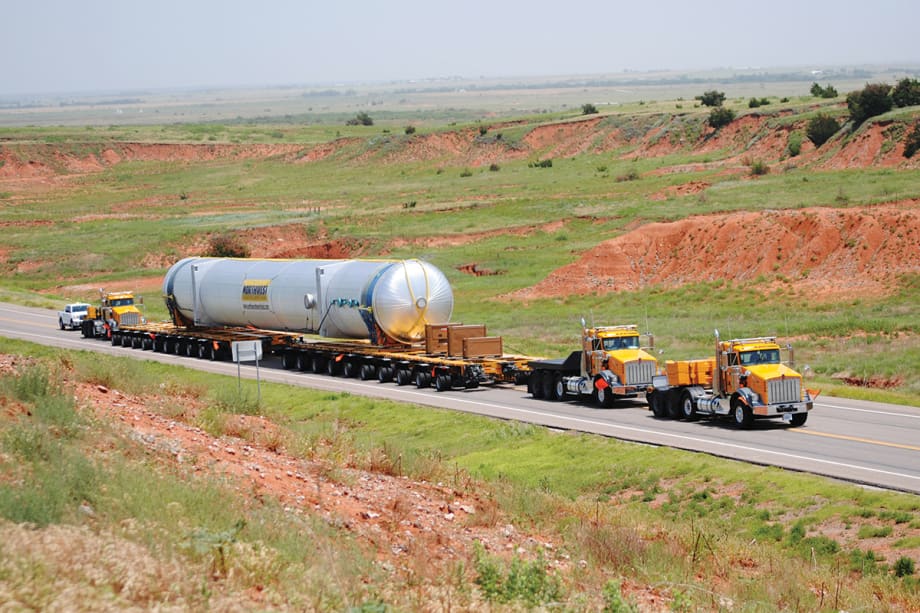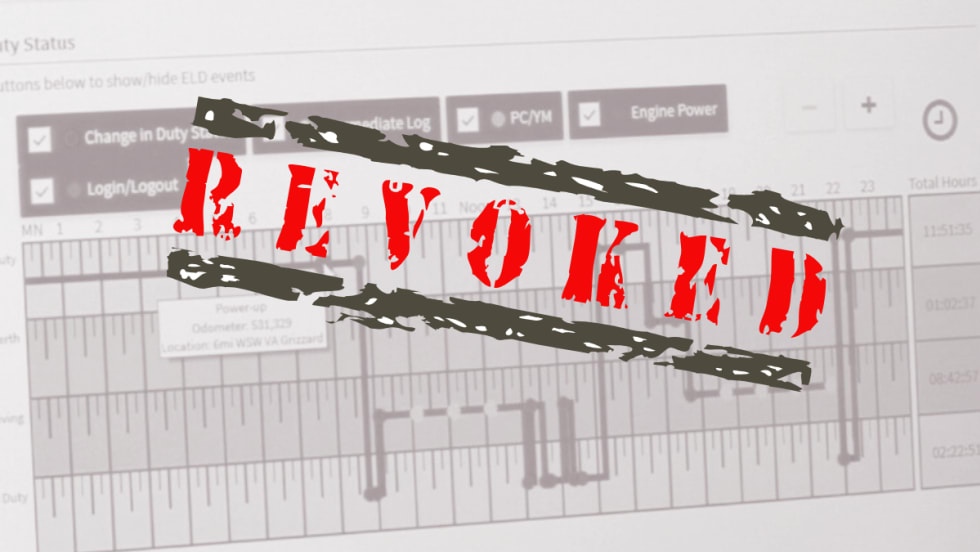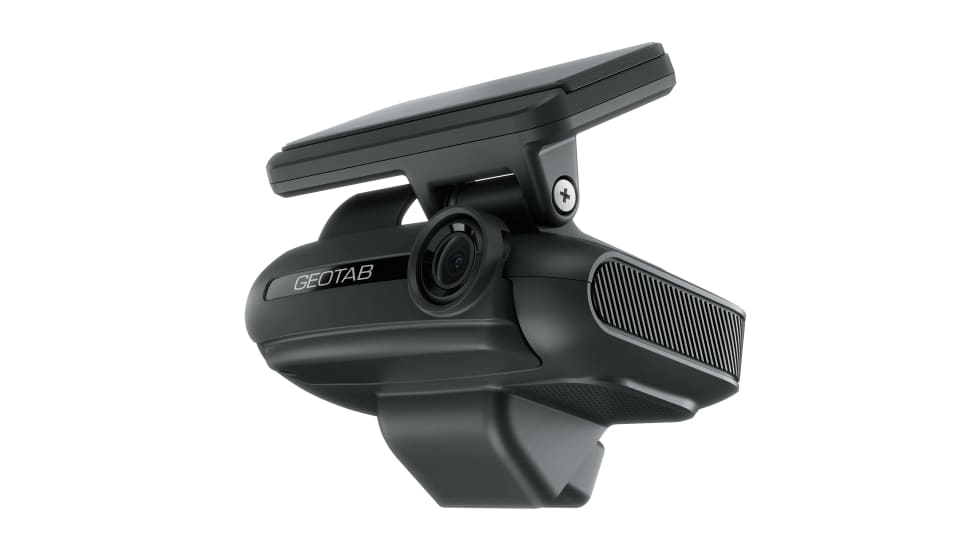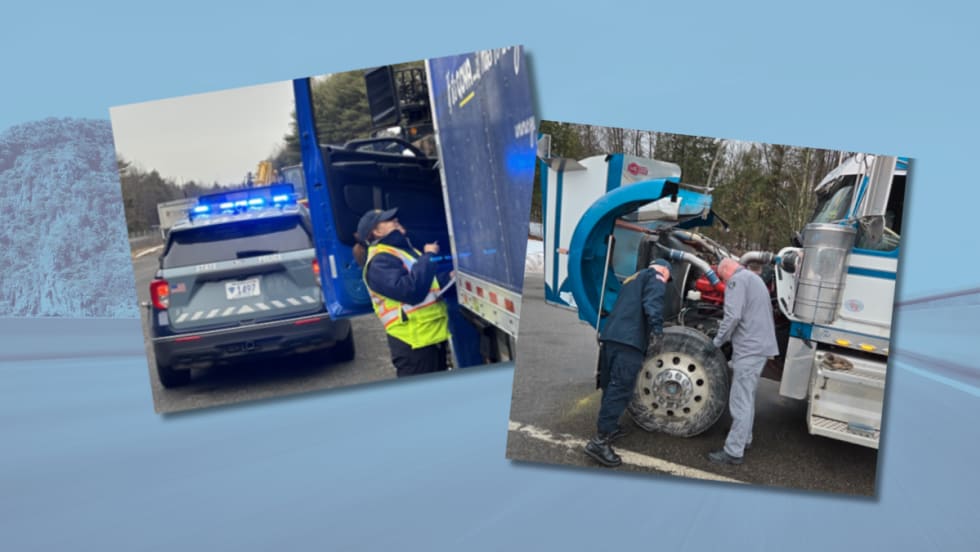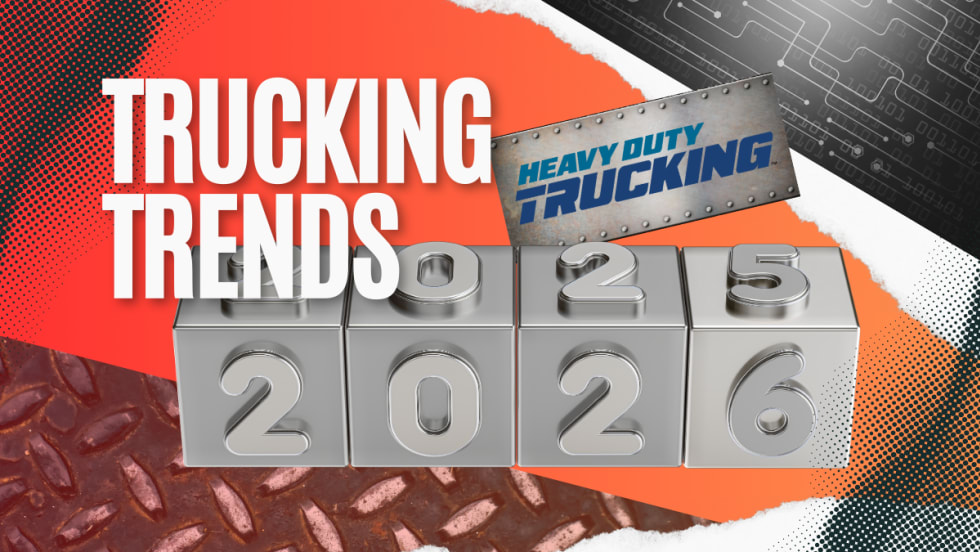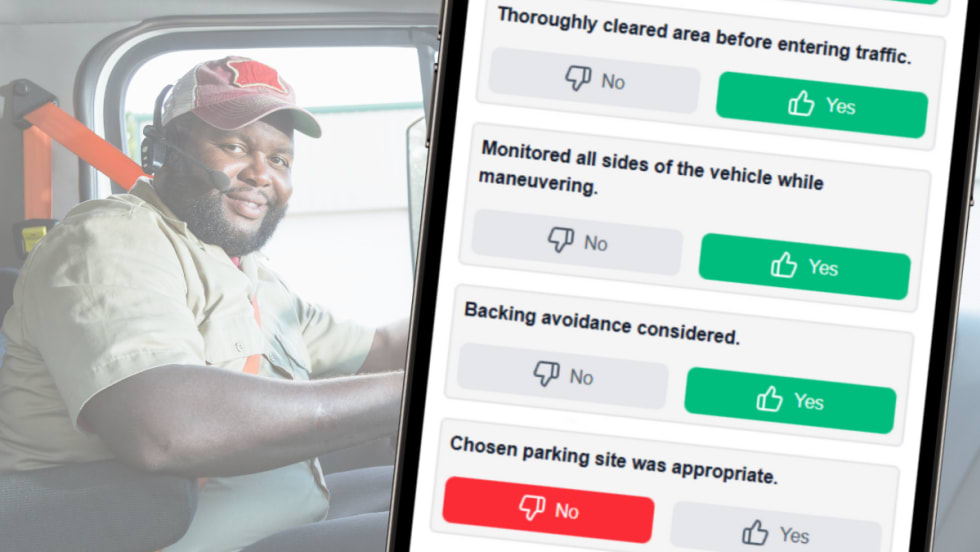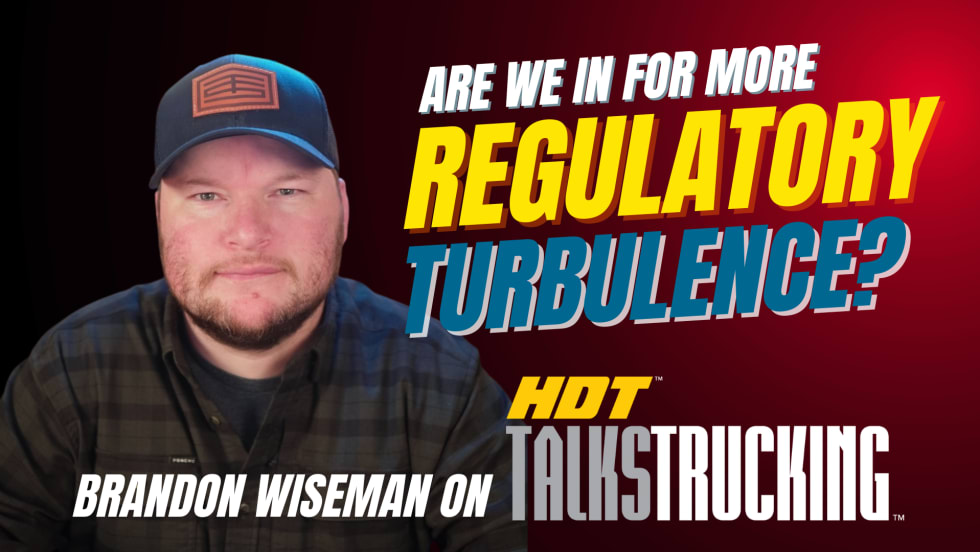Moving freight around the country is hard enough, but just imagine your load takes four trucks with four drivers to manage.
“[We had] a demethanizer that was transported 653 miles, traversed steep grades through harsh winter conditions in the Rocky Mountains, weighed 1,192,000 pounds gross (a 270-ton payload), had a 186-foot vessel length, and measured 430 feet truck-to-truck from front to back,” says Ace Carter, and engineer for Northwest Logistics Heavy Haul, which is part of Northwest Companies, a family of companies in Oklahoma that has specialized in moving components of heavy industry since 1968.
As a heavy hauler, Northwest’s fleet faces obstacles that other carriers do not, including a lack of state harmonization regarding permit restrictions, traffic control, access to proper parking, expensive specialized and often very custom equipment, specialized equipment maintenance expenses, additional fuel expenses, and a limited driver pool, since extensive experience is required to haul some of the monstrous loads that the fleet handles. This includes jobsite and/or customer-specific safety orientation and training; specialized trailer features, i.e., hydraulic, pneumatic, or electrical systems; fall protection; and oversize/overweight load securement.
It takes more than just a few straps to secure these loads to Northwest’s trailers, which is why they started looking for an alternative to the process they had in place.
Using materials such as carpet, rubber, fire hose, and other liners for the required chains was necessary to keep everything in place while protecting the load, as well as requiring more time to apply. The liners reduced any chance of the steel chains scratching the painted finish on some of the tanks the company transports.
The process involved was also cumbersome. It would take two men to set the 30-foot chains in position, depending on the tank. After one worker threw a guide rope over the tank, the employee on the opposite side of the trailer would then pull the chain up and over the vessel as the first person helped feed it.
“The act of simply securing the tanks was time-consuming and physically demanding,” Carter says.
The process has since been improved by using Doleco’s DoNova PowerLash Textile Lashing Chain and Tie-down System, which uses fiber links instead of steel and comes in the same 30-foot lengths. The fiber chains weigh 85% less and have a 22,000-pound working load limit, compared to the 15,000 WWL of the half-inch steel chains they replaced. “So now we only needed 10 tie-downs to do the job of 14 steel chains,” Carter says.
The new equipment not only saves time, it also saves the crew from straining themselves just carrying the tiedowns to the trailer. Carrying the fiber chains from their storage location on the truck or support vehicle to each securement point on the trailer has reduced fatigue and the potential for injuries, according to Carter.




